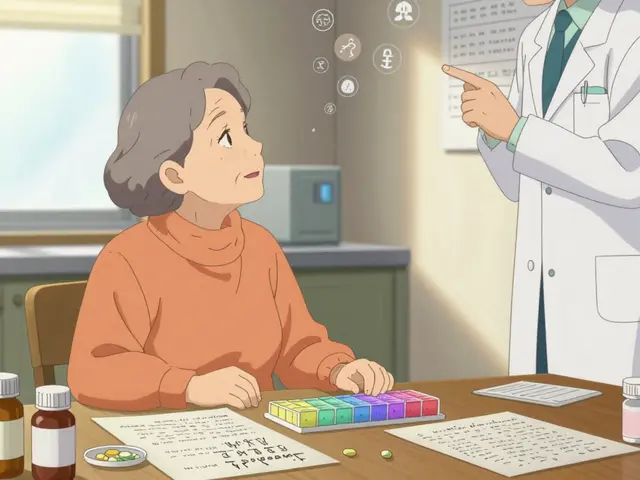Hair Loss Treatments That Actually Help You Regrow Hair
Noticing more hair in your brush or on your pillow? Hair loss can feel overwhelming, but you’re not alone, and there are solutions that can help slow down or even reverse thinning. It’s not just about appearance; managing hair loss can boost your confidence and overall well-being. So, what treatments really work?
First up, understanding why your hair is falling out is key. Causes range from genetics and hormonal changes to stress and nutrition. This matters because the best treatment depends on the root cause. For example, if you’re dealing with male or female pattern baldness, FDA-approved options like minoxidil (a topical solution) and finasteride (a pill for men) can promote regrowth and strengthen existing hair.
Topical Treatments and How They Help
Minoxidil is often the go-to for early hair thinning. It works by opening up blood vessels in your scalp, encouraging hair follicles to kick into growth mode. You apply it directly to your scalp, usually twice a day, and some users see noticeable improvement in 3 to 6 months. The key? Consistency. Stopping treatment often means the benefits fade.
Aside from minoxidil, certain shampoos and conditioners with ingredients like biotin, caffeine, or ketoconazole can supplement your care by keeping the scalp healthy and reducing inflammation. While they won’t regrow hair alone, they support overall scalp health and can improve hair strength.
Beyond Topicals: Other Treatment Options
If topical products aren't enough, there are other avenues. Finasteride is a prescription medicine that lowers hormones linked to hair loss, but it’s mainly for men and needs medical guidance due to potential side effects. For those wanting non-drug options, low-level laser therapy devices claim to spur hair growth by stimulating follicles with light. Some people find these helpful as part of their routine.
Don’t forget lifestyle factors. Eating a balanced diet rich in vitamins like D, iron, and zinc supports hair health from the inside. Managing stress through mindfulness or exercise can also help if hair loss is stress-related. Lastly, if hair loss is severe or sudden, a visit to a dermatologist is smart. They can diagnose underlying conditions like scalp infections or thyroid issues.
Hair loss treatments require patience and dedication. There’s no miracle cure, but with the right approach, you can see real improvement. Try combining proven treatments with good scalp habits and healthful living, and you’ll be on the right track to healthier hair.
Thinking about ditching Propecia or just starting your hair loss journey in 2025? Here’s a straightforward look at seven options that people are turning to right now. We’ll break down what each one does, why people choose them, and what you need to watch out for. From shampoos to supplements and more, find out which hair loss treatments have real potential so you can make a decision that fits your life. We’ve even built a comparison table to make your choice a little easier.
Recent-posts
Categories
Tags
- online pharmacy
- side effects
- drug interactions
- generic drugs
- online pharmacy UK
- drug safety
- opioid side effects
- pill organizer
- Tadalafil
- arthritis medication
- buy medication online
- prescription medication
- quit smoking
- motion sickness
- Sildenafil
- Vardenafil
- ED medication alternatives
- biologics
- medication safety
- generic medication prices






